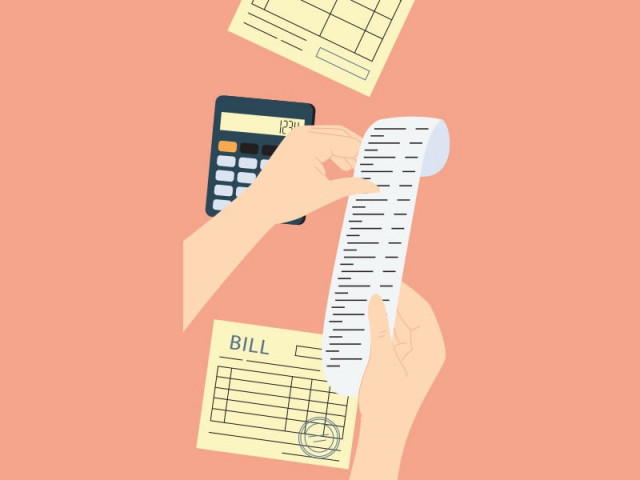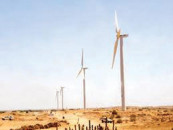Inflation slows to three-year low
Eases to 9.6% but increases in essential items, heavy taxation builds pressure

Pakistan's annual inflation rate has decreased to 9.6% in August, the lowest level in nearly three years, due to a higher base effect and reduced prices for non-perishable food items. However, there has been a notable double-digit acceleration in the prices of other essential goods.
The Pakistan Bureau of Statistics reported on Monday that inflation slowed to 9.6% in August compared to the same month last year. This is the slowest pace since October 2021 when it was recorded at 9.2%.
Details show that the reduction in inflation is attributed to higher inflation rates in August of the previous year and a decline in the prices of wheat, flour, and cooking oil. Despite this, there was a double-digit increase in the prices of clothing, footwear, perishable food items, house rents, water, electricity, gas, fuel, health services, and education. These increases were influenced by heavy taxation imposed in the budget.
The coalition government introduced a record Rs1.8 trillion in new taxes to secure a $7 billion bailout package from the International Monetary Fund (IMF). These taxes primarily target salaried individuals and consumable goods used by all income levels.
The imposition of sales tax and a 2.5% withholding tax on certain supplies has significantly raised the prices of affected items.
The single-digit overall inflation rate puts the State Bank of Pakistan in a difficult position. The central bank has been hesitant to make major cuts to the interest rate despite having significant leeway and a gradually slowing economy. Last month, the policy rate was reduced to 19.5%, which was lower than anticipated.
The new inflation data suggests the central bank could potentially lower interest rates by 3% to 4% during the upcoming Monetary Policy Committee meeting on September 12. However, based on its history, the central bank may opt for a more cautious approach, potentially reducing rates by around 1.5%.
Additionally, the central bank faces criticism for maintaining the rupee's value below its actual worth. Tola Associates reported that the rupee was valued at Rs256.71 to a dollar in July, nearly Rs21 below the market rate. Allowing the rupee to trade at its true value could positively impact inflation and the budget.
For the new fiscal year, the government has set an inflation target of 12%, but the IMF predicts the actual rate will be significantly higher. The annual inflation rate in urban areas decreased to 11.7%, while it was 6.7% in rural areas last month. PBS data showed that food inflation in cities slightly increased to 4.1%, whereas it dropped to 1.9% in rural areas.
The reduction in food inflation helped keep the overall annual rate below 10%, with a 2.6% decrease in non-perishable food items. Non-food inflation in urban areas remained at 17.4%, while it eased to 11.9% in rural areas. Core inflation, excluding energy and food items, slightly decreased to 10.2% in urban areas and 14.4% in rural areas. The average core inflation is now nearly 7% lower than the policy rate.
Despite improvements in the overall inflation index, essential goods saw substantial price increases last month. Gas charges surged by 319% compared to the previous year, and motor vehicle tax increased by 169%. Transport services inflation was recorded at 23%.
Onion prices rose by 136%, fresh vegetables by 77%, pulses by around 43%, fresh fruits by 27%, milk powder by 24%, meat by 20%, and milk by 10%. The government had imposed an 18% sales tax on these items.
Conversely, wheat prices fell by 37%, wheat flour by 34%, and cooking oil by 12%, with a 9% reduction in wheat products rates.
The average inflation rate for the first two months of the fiscal year was 10.4%, below the official annual target of 12%. However, in urban areas, the average inflation rate remained at 12.5%.



















COMMENTS (2)
Comments are moderated and generally will be posted if they are on-topic and not abusive.
For more information, please see our Comments FAQ